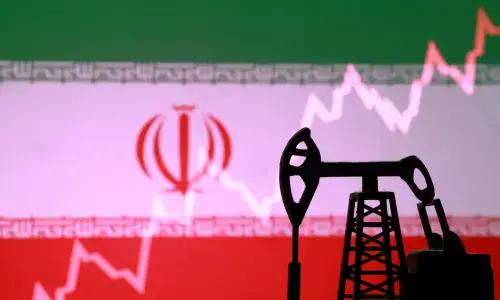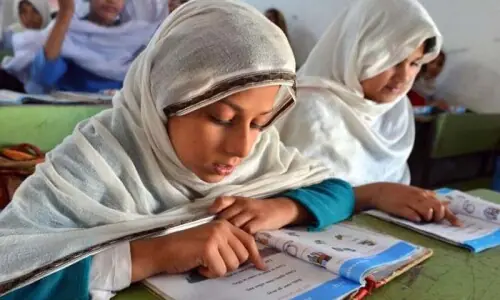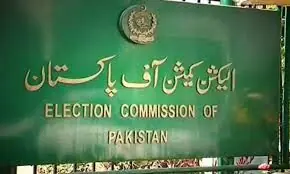ISLAMABAD: Cotton growers’ current woes with the genetically modified (GM) Bt seeds have been traced to an agreement that a national research institute signed with a multinational biotech seed producing company in 2006 over the head of Pakistan government, according to knowledgeable sources.
“Dr Yousaf Zafar, the then director of the National Institute of Biotechnology and Genetic Engineering (NIBGE), signed the agreement with the US-based Monsanto multinational, keeping the ministries of foreign affairs, agriculture and environment and even the Pakistan Atomic Energy Commission in the dark,” said a senior official of the Pakistan Agriculture and Research Council (PARC).
Know more: Genetically-modified seeds come back to haunt agriculturists
Under the agreement, NIBGE provided seven indigenously developed cotton seed varieties to Monsanto which inserted Bt toxin into them to kill selective pests, such as bollworms. But their trial tests were run in the USA and then shipped back to Pakistan in 2011 and introduced commercially, even though the Plant Quarantine Act 1976 prohibits import of cotton seed, especially from America.
“Since these genetically modified varieties had not been tested in local environment, they bore no guarantee that they will be disease free and not harm the environment and human health in Pakistan,” said the official.
Director General, Pakistan Environment Protection Agency, Dr Muhammad Khurshid, said the Ministry of Foreign Affairs warned him that the GM seed could be used as ‘a biological weapon’ against Pakistan’s strategic cash crop.
Many agriculture scientists contacted by Dawn were unaware of the existence of the agreement. Some described the seven GM varieties introduced in Pakistan as obsolete by now.
Four out of the seven modified indigenous cotton seed varieties - NIBGE160, NIBGE253, NIBGE758 and NIBGE4 - had not even been registered with Federal Seed Certification, and other bodies, as required under the Seed Act. Their introduction also violated the Pakistan Seed Act 1976 and the National Bio-safety Rules 2005.
Agriculture experts allege that the agreement “favoured the multinational company more than Pakistan and its farmers”. They quote clause 1.12 of the agreement that gave Monsanto the monopoly right to prepare genetically modified seeds for Pakistan.
This means local farmers not only have to purchase GM cotton seeds from the foreign company but also buy the pesticides that it alone produces, they say.
Worst, the foreign company clearly does not guarantee the success of the genetically engineered seed introduced in Pakistan.
“D&PL (Monsanto) shall not incur any liability for any act or failure to act by employees of NIBGE as a result of the performance of activities pursuant to this Agreement. NIBGE shall not incur any liability for any act or failure to act by employees of D&PL as a result of the performance of activities pursuant to this Agreement,” reads clause 1.14 of the agreement.
Dr Shahid Mansoor, the present director of NIBGE, however, defends the agreement. “Decisions taken in the past were in the national interest, keeping in view the problems of the third world countries and challenges of food security in the future,” he told Dawn.
PAEC’s Director, Agri and Biotech, Dr Nayyer Iqbal, though thinks the agreement should stand null and void after its three-year life.
However, he did not consider it a secret agreement. “It was signed to conduct experiments, which organisations often do and engaging other government offices is not necessary,” he said.
Critics of the agreement and the GM technology claim that cotton production has decreased since the introduction of Bt seeds and use of pesticides has increased. Cotton growers complain about new pests such as dusky bug and the red bugs that have emerged after Bt cotton seed arrived.
Supporters of the GM technology however claim that cotton production has decreased because farmers have switched to growing sugarcane and setting up sugar factories. They disagree that use of pesticides has increased. In any case, they argue, technology will find newer ways to fight pests.
Cotton is Pakistan’s strategic crop and back bone of economy which contribute 12 percent to GDP and engages more than 40 percent work force.
Published in Dawn, July 6th, 2015
On a mobile phone? Get the Dawn Mobile App: Apple Store | Google Play

































